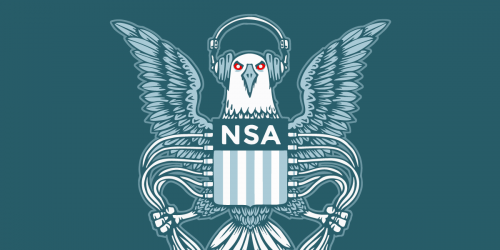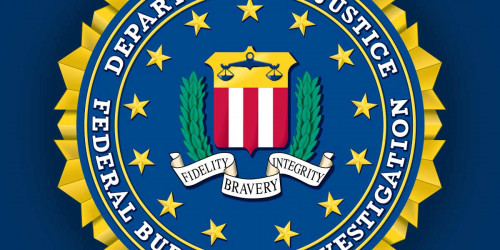After a wait of nearly three years, Judge Hood in the Eastern District of Michigan finally ruled yesterday on the government's request that the court dismiss a lawsuit brought by a group of Muslim and Arab-American associations challenging the constitutionality of PATRIOT Act Section 215. As you may recall, Section 215 authorizes the government to obtain a secret order from the FISA court demanding business records or any other information that investigators think is relevant to a terrorism investigation. The court's decision? Motion denied!
Says the court:
Plaintiffs have alleged that they and their members? right to speech and association are being threatened by Section 215. They fear that the Government has already obtained information or will be obtaining information by way of a Section 215 order. Plaintiffs and their members fear that the information contained in Plaintiffs? records are subject to a 215 order. Plaintiffs have alleged that their members are afraid to attend mosque, practice their religion, and express their opinions on religion and political issues. Plaintiffs? members are afraid to obtain services from the human services organizations for fear that any information obtained by the organization can be obtained by the Government. Plaintiffs have shown threats of present injury sufficient to satisfy constitutional standing requirements on their First Amendment claims. Defendants? Motion to Dismiss based on lack of standing on Plaintiffs? First Amendment claims is denied.
You can read the court's decision here. For a refresher on what Section 215 is and why it stinks, check out EFF's analysis or read the amicus brief in the case that was submitted by EFF and other free speech organizations.









